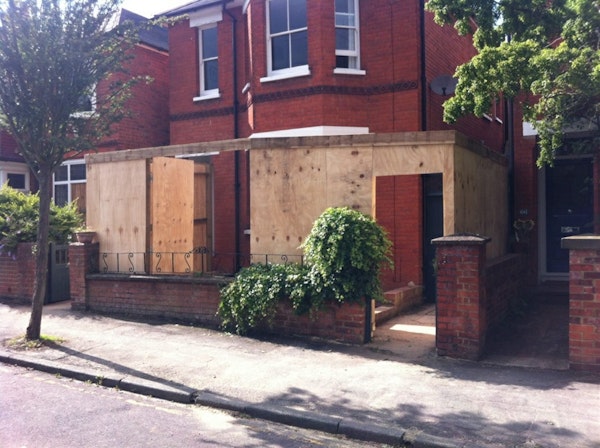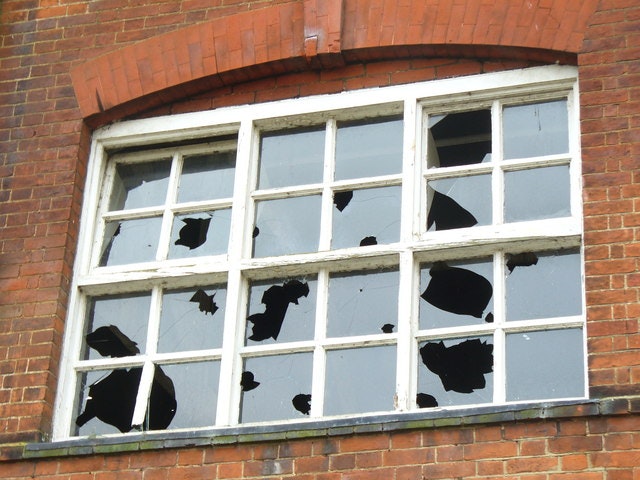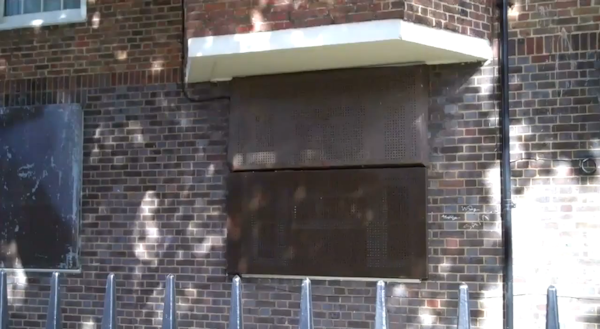- Fully qualified & insured teams
- Free site assessments
- Rapid response
- Rated Excellent
A Complete Guide to Empty Property Insurance
According to the latest figures released by the Office for National Statistics and the police, UK crime is on the rise (The Independent, 2017). This includes a significant rise of 11% in reported crimes of theft – including burglary and vehicle theft.
If your property’s empty, it’s sensible to seek out security solutions to ensure your property is less vulnerable whilst it’s vacant. However, out of the 250,000 properties unoccupied in the UK as of October 2016 (Gov.uk), not every property owner realises that it’s also important to address insurance issues. So, what do you need to ensure when it comes to keeping yourself covered with empty property insurance?
Your risks – uncovered
If your existing policy is not updated, by informing insurers that property is empty, then any claim could be rejected on the grounds that the property’s status has been misrepresented. Basically, if the insurers are not aware that the property’s become vacant, then standard cover is usually invalidated.
Standard home insurance usually includes the caveat that the property should not be left unoccupied for more than 30 days. If it is, then the standard policy will not cover events such as water damage, theft and malicious damage as these problems are likely to be worse – and more costly – if left for long periods without action.
So it’s essential to update the current policy to reflect the fact the property’s going to be standing empty.
How long does a property have to be unoccupied before an insurance company deems it vacant?
This will largely depend on the insurer, so it’s essential to check your current home and buildings insurance policies. Some companies, particularly those which only cover vacant periods of 15 – 30 days as acceptable under a standard policy, will deem it a change in cover if the vacant period is into months rather than weeks. In all cases though, if your property is going to be vacant for longer than the period specified in your standard cover, then unoccupied property insurance will be needed.
It’s also worth being aware that sometimes it’s not always the length of time, but the reason for the property becoming empty which can dictate that the policy needs to be upgraded to unoccupied. For example, an empty property which is for sale may be approximately 13% more expensive to insure as it becomes an easy target, due to actively being ‘marketed’ (MoneySuperMarket, August 2017).
Similarly, a property which is unoccupied but undergoing refurbishment may need additional cover or only be offered limited cover, due to the potential for accidental damage from builders and equipment.
What are the additional risks of vacant property?
Empty properties of course share risks with occupied properties, such as:
- Extreme natural events, such as storm and weather damage;
- Fire;
- Flooding – including burst pipes or water main floods;
- Theft;
- Vandalism;
- Illegal trespass and squatting.
The big difference in risk-factor between an occupied property and an empty one though, is that if a property’s occupied and these things happen they can be dealt with straightaway, such as by calling emergency services or contractors.
However, if the property’s empty and not being checked frequently then even a small problem, such as a burst pipe following a freeze, or a few roof tiles loosened in a storm, can lead to much bigger problems such as damp, mould and even structural deterioration of the property: all expensive problems if not found and sorted immediately. Basically, there’s no in-house damage limitation facility when the property’s empty.
What kind of cover is available for empty properties?
There are different types of empty property insurance, largely relating to those different reasons why a property might become empty. Options might include:
- Landlord insurance – this may involve additional cover for those periods when a property may be unoccupied, such as between lettings and during maintenance periods.
- Short-term cover – often popular when an empty property is being sold, such as if the owner has moved in with a relative or friend.
- Renovation insurance – which covers not only the fact that the property is going to be empty, but also the additional structural, fire and theft risks which come with having builders, building equipment and materials on site – thieves often regard these ‘temporary’ construction sites as easy targets once the builders have left for the day.
Why does unoccupied property insurance cost more?
An empty property is a higher risk – both for owners and insurers, which is why the premiums are raised when the property is empty. To reflect this, many empty property owners find that, as well as the cost of their insurance rising, the level of cover provided may reduce to a more basic level.
What are the insurance company likely to ask for?
Insurance companies are likely to ask for evidence of basic assurances that the property is not going to be neglected whilst it is empty. Many companies will include a checklist of actions which they expect to be carried out in compliance with the policy.
This can include actions such as regular inspections of the property. Failure to do this, either yourself or through a trusted professional, would invalidate the policy.
How can I help minimise insurance costs?
In many cases, actions you take to minimise risks can help to reduce costs, such as limiting the excess you may be required to pay (which can often seem excess-ive in empty property policies)! Actions which may count in your favour (and even be required as part of your policy) may include:
- Following a full checklist of activities for closing up the property, such as turning off utilities, draining down systems, removing valuables and rubbish and locking up securely.
- Installing alarms and/or CCTV systems.
- Using visible security protection and deterrents, such as security screens.
- Carrying out a schedule of regular inspections.
Insurance checklist
- Always check your current policy. Even if your property’s only going to be empty for a short period (less than 30 days) it’s worth double-checking your policy as some insurers reduce this time-frame for vacancies during winter months.
- Ask your existing provider if your current policy can be extended to reflect the fact that the property is going to be standing empty.
- If your current policy cannot be adjusted, then enquire about policies specifically for unoccupied properties. Some companies offer short-term cover, others don’t so it’s worth shopping around for the policy that best suits your needs.
- Always check policy requirements and small-print carefully and put any required actions into place.
- Keep paperwork relating to all security measures, such as receipts, reports, and guarantees, to evidence your proactivity in protecting your property and compliance with insurer stipulations.
If you have any additional questions about securing your property, please contact us for free advice or quotations.
Request a free no-obligation quote
We respond in under 30 mins on average (excl. weekends)


